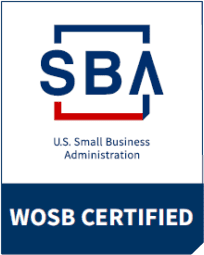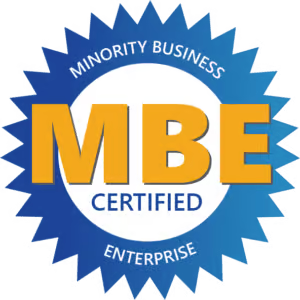Board Governance & Culture
Program Overview
Meeting 1 – Board Governance & Culture
The Board Governance & Culture training focuses on key aspects related to fostering effective board governance and creating a positive board culture. This section is divided into three areas:
- Consent Agendas: This area emphasizes the inclusion of consent agendas in board meeting agendas. Consent agendas streamline meetings by addressing administrative details, repetitive discussions, and routine tasks. By freeing up time, board members can engage in meaningful discussions on critical organizational issues. To ensure the success of consent agendas, materials for review should be provided to board members in advance, and commitment to reading the materials prior to approving the consent agenda is essential.
- Executive Sessions: Recognizing the importance of private discussions, this area highlights the necessity of regularly scheduled executive sessions. Executive sessions provide a confidential space for addressing sensitive matters, fostering robust discourse, and strengthening trust and communication. These sessions serve three core functions: ensuring confidentiality, enabling board independence and oversight, and enhancing relationships among board members and with the chief executive. Organizations governed by sunshine/open meeting laws should adhere to their respective state statutes regarding executive sessions.
- Board Diversity and Inclusion: This area underscores the significance of intentional efforts to recruit and engage diverse board members while cultivating a culture of inclusivity. Embracing diversity entails respecting and appreciating various characteristics such as race, religion, gender, ethnicity, sexual orientation, abilities, age, and socioeconomic status. Boards should commit to diversity and inclusion by establishing written policies and practices that address strategic and intentional recruitment and engagement of diverse board members. Regular evaluation of these policies and practices ensures an ongoing commitment to inclusivity, equal access to board leadership opportunities, and a diverse and representative board.
Through these three areas, the Board Governance & Culture section of the training program equips boards with the knowledge and strategies necessary to enhance governance practices, promote effective meetings, nurture board relationships, and foster an inclusive and diverse board culture. These foundational elements contribute to the overall success and impact of the organization.
















